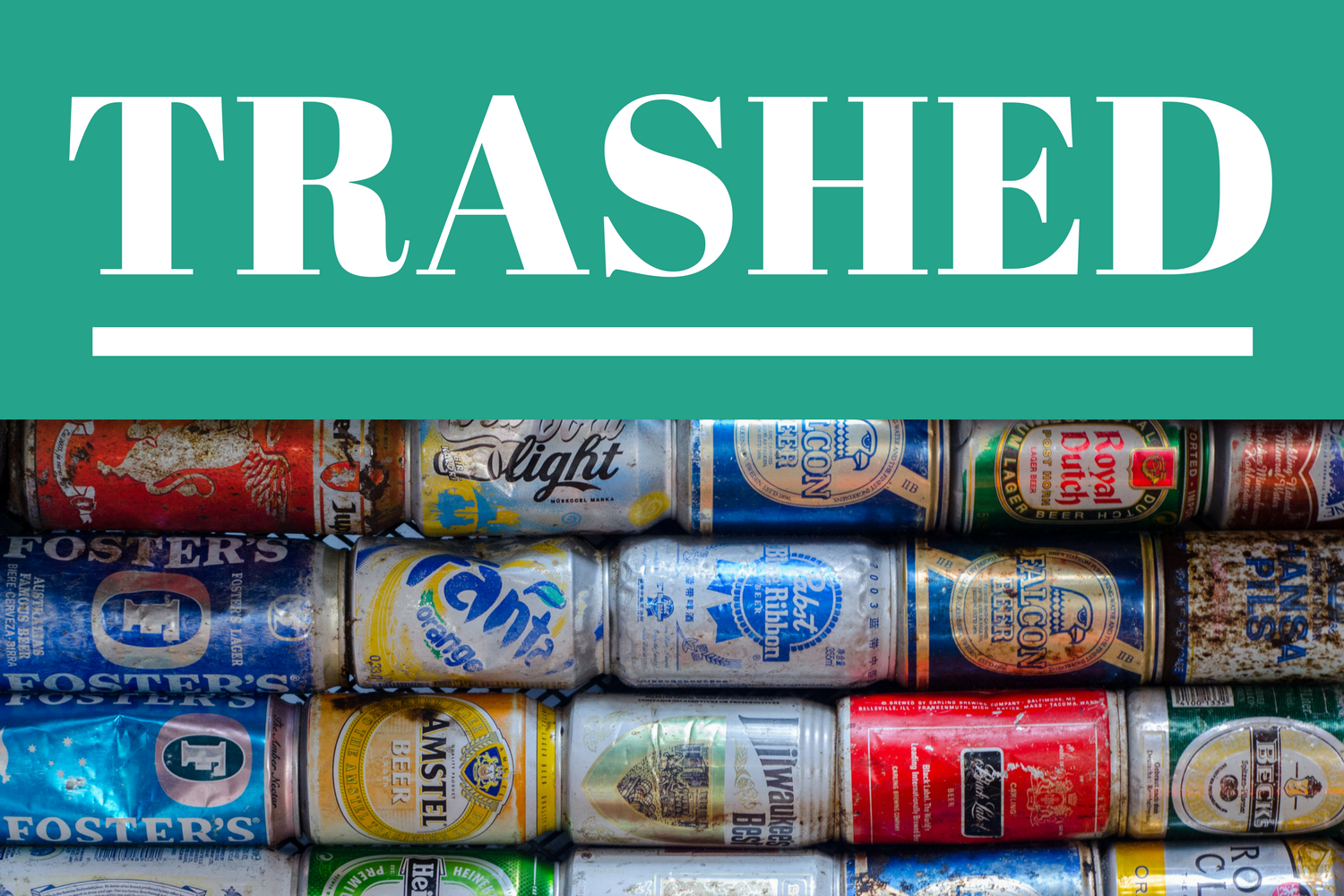Your donation will support the student journalists of Suffolk University. Your contribution will allow us to cover our annual website hosting costs.
Suffolk drops ball on sustainability efforts, looks to recover initiatives
March 2, 2018
Five years and four presidents later, the programs put in place by Suffolk University’s former Sustainability Coordinator Erica Mattison have all but disappeared.
Among Mattison’s projects that are no longer active at Suffolk is the Eco Ambassador program that allowed students to work in their own residence halls and serve as environmental peer educators.
“One of the things that saddens me [about not having the programs] is that this is a teachable thing. It’s not just that you’re doing this for the greater good, but you’re actually training people to think in a particular way,” reflected Emeritus Professor Martha Richmond in an interview with The Suffolk Journal on Tuesday.
In a statement to The Journal, Mattison discussed the positive impact of the engagement her programs fostered between students, faculty and campus groups. The Suffolk Bikes program and the Suffolk Environmental Clubs were two examples of these positive impacts. The former recycling initiative put in place by Mattison also allowed the university to comply with laws like the Massachusetts State Waste Ban and avoid penalties, such as fines, generating hundreds of thousands of dollars of savings, Mattison explained in a statement to The Journal on Monday.
“Since vacating the Sustainability Coordinator position a few years ago, I have been contacted by dozens of [Suffolk] faculty, staff, and students who have been eager to see the sustainability efforts continue and grow,” said Mattison.
After Mattison’s departure from Suffolk, an undergraduate student Brianna Souza took on a similar role, but ended her involvement after less than a year. This past fall semester Suffolk formed the 2018 Sustainability Committee to address areas where the university may be lacking, and where it is succeeding with its sustainability efforts.
This new committee features staff members from departments such as Facilities, Residence Life and Housing, Sodexo and the Center for Urban Ecology and Sustainability.
“The 12-member committee is examining where we have had success and where we can make important improvements in the areas of campus buildings, water conservation, energy efficiency, sustainable dining, tracking of utilities, waste and recycling, community engagement and other areas,” said university spokesperson Greg Gatlin in a statement to The Suffolk Journal.
Suffolk currently recycles materials through “single stream” bins, according to the Suffolk University website. “Single stream” recycling is designed so that reusable materials like paper and plastic do not need to be separated by the depositor, and will instead be separated at the waste facility. This consolidates the number of bins that need to be collected, but does not remove the need to keep non-reusable waste out of the recycling stream.
With this method all types of reprocessable materials can be placed in the same recycle bin.
In 20 Somerset, Suffolk’s newest academic building, there are 17 waste bins that feature separate slots for both recycling and trash and a divider that allows for the containment of the two different wastes in two different bags.
Multiple Journal reporters recently observed several instances of a failure to follow through with recycling practices in this new building. It was discovered that more than 40 percent of these bins were missing the divider, resulting in a single bag that collected both trash and recyclables.
“Make sure to separate trash from recycling, as any trash in a recycling bin contaminates the recyclable material making it non-recyclable,” Suffolk University’s website stated as of early Wednesday morning.
Freshman government major Augustus Judd, said he has also witnessed the lack of dividers in these trash cans.
“Recycling on our level isn’t going to help out in the end because that stuff is just going to be thrown away with the rest of the trash. Students can do their part but the university also has to do theirs at the same time,” said Judd.
André Vega, director of Construction and Facilities Services, is one of the 12 members of the Sustainability Committee. Vega said to The Journal last Friday that many of Suffolk’s past programs are not currently in use, and that as a result, the committee is “essentially starting from scratch.”
“That definitely sends mixed messages,” said Vega. “When you have two separate holes in one bin, and one bag underneath. That definitely doesn’t give anybody a warm and fuzzy feeling.”
Suffolk University’s Assistant Director of Facilities Services Ashley Alberts was hired recently and quickly became involved in revamping Suffolk’s green initiatives. This coincides with her graduate degree in Sustainability and Environmental Management.
“We are looking to get students involved as a community based effort, instead of having just one single person in charge,” said Alberts in a recent interview with The Journal.
Environmental Science major Aashi Sethi, is a student member and recent addition to the committee. She explained that some of the recycling failures are as a result of a poor understanding or motivation on the part of students.
“I think the [Sustainability Committee] is very serious about recycling moving down the road,” said Sethi in an interview with The Journal.
Mattison highlighted several awards for sustainability that were won during her tenure of the Sustainability Coordinator position, including the 2009 EPA Gold Award for Employee Education on Waste Reduction and Recycling and being named the 2009 Partner of the Year by the MA Department of Environmental Protection Wastewise Program.
Mattison concluded her statement, “I encourage Suffolk to build upon the foundation that was laid over a decade ago by renewing its commitment to environmental excellence and health.”
